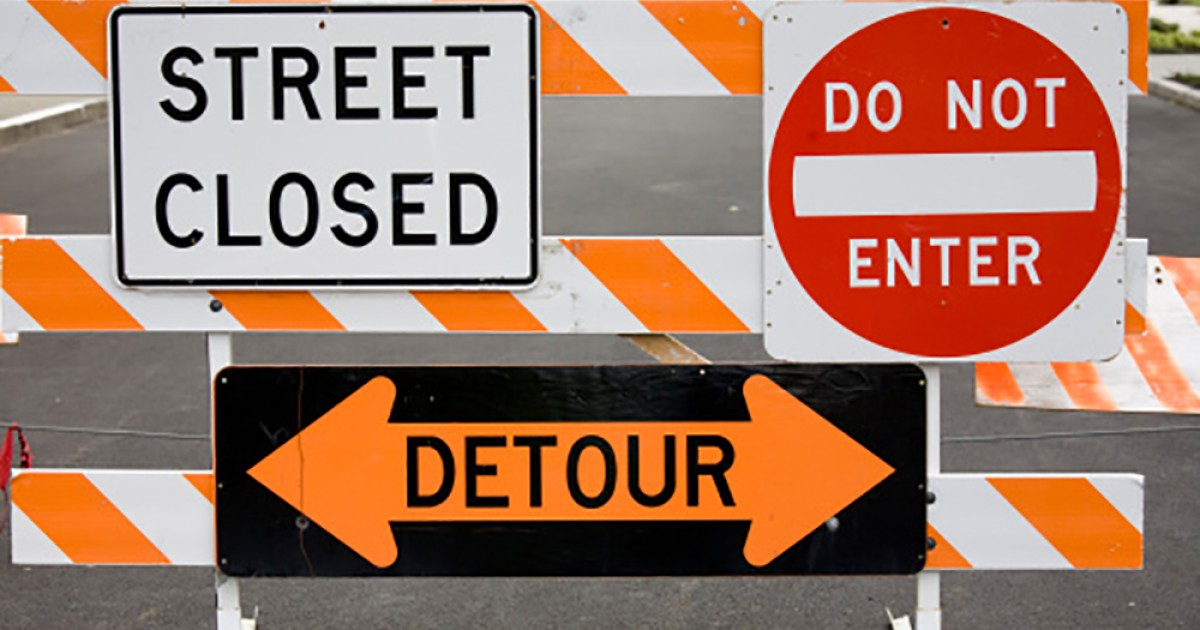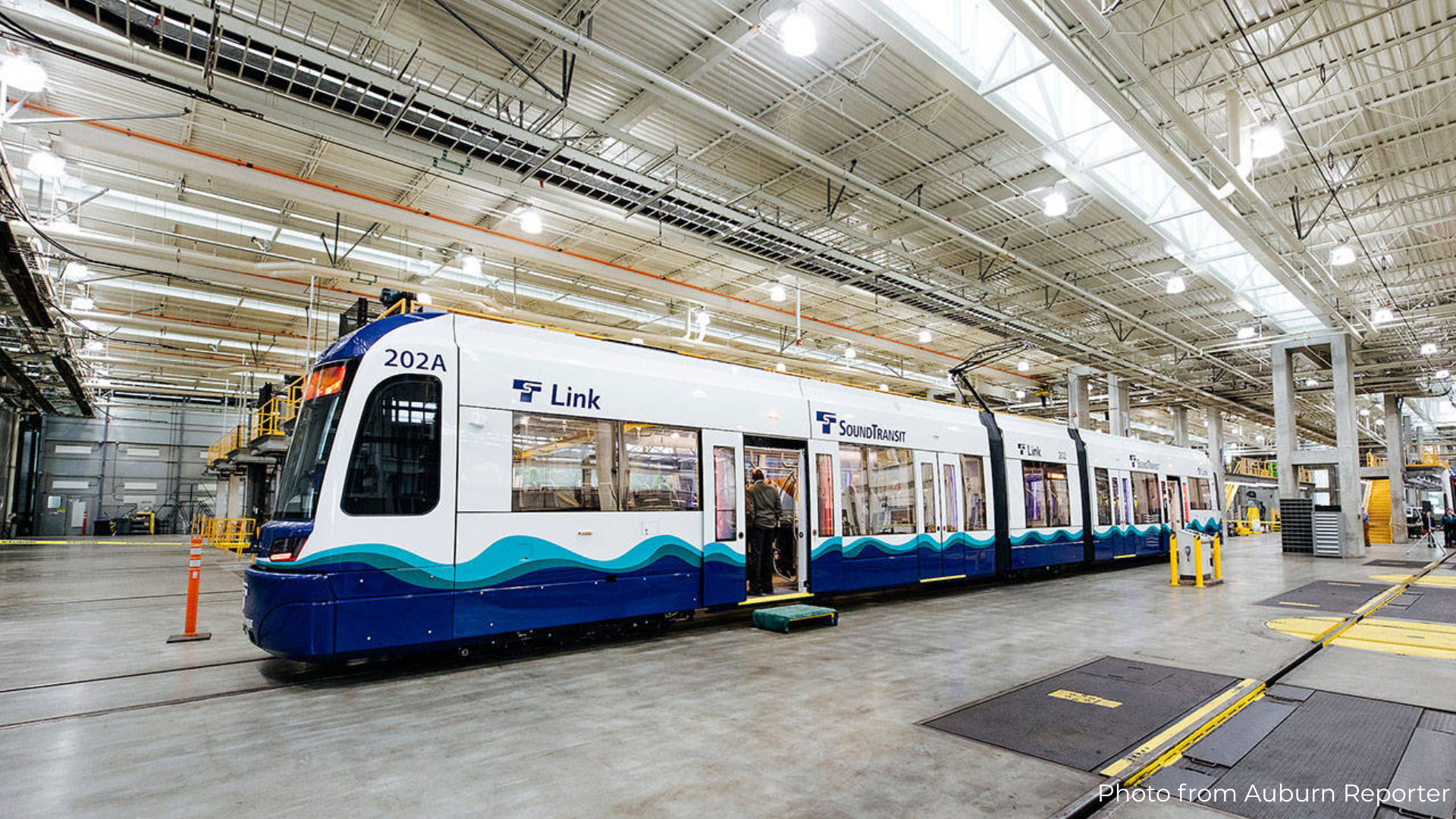Not letting “a crisis go to waste,” urban activists and public officials in cities across the world are taking advantage of the COVID-19 pandemic to advance their own anti-car policies.
In early May, Portland officials announced closures and “repurposing” of 100 miles of streets, beginning June 1, purportedly to help small businesses reopen safely and allow ample social distancing. Retail or dining establishments will be able to pay for permits to serve customers in parking lots, plazas and on sidewalks.
Meanwhile, Seattle officials quietly turned a three-week “pilot project” of 20 miles of street closures into permanent policy. There was no analysis of the pilot or adequate public engagement to determine whether making the policy permanent was beneficial. Now, not to be outdone by Portland, Seattle urban activists are seeking to expand the closure to 130 miles of public streets.
Streets are being closed to cars all across the world – from Boston to New York, to Barcelona and Paris. This effort to take public spaces away from drivers during the COVID-19 crisis is being referred to as “tactical urbanism.”
Tactical urbanism is defined as “low-cost, temporary changes to the built environment, usually in cities.” While the objective of a pilot project is to assess whether a policy will work in the long-term, or to deal with a short-term crisis, tactical urbanism appears to advance policies that some activists and policymakers have pre-determined will be permanent regardless of any subsequent analysis.
This was described in more blunt terms by panelists who recently participated in a mobility panel hosted by global traffic data company, INRIX.
Greg Rodriguez, Mobility Policy Principal at Stantec, lamented the temporary nature of efforts being made now in the name of social distancing. He said, “All of this sounds fine and dandy but how do we provide the cover for elected officials to help incentivize them and help encourage them to have the political will to make some of the temporary decisions permanent?...How do we evaluate and use the data to help justify decisions?...How do we reframe the conversation to say these solutions may be temporary but the goal is to make them permanent?”
“Every planner’s dream is kind of coming true in this really horrific way that no one ever really intended,” reflected Tiffany Chu, CEO and Co-Founder of Remix, a company that helps cities plan and expand transit. She went on to add that,
“It’s a really good time for cities to embrace the temporary and I think what that means is – if you say ‘okay, we’re going to try this temporary project,’ it removes all the stigma of…what could go terribly wrong…If you put an umbrella of ‘pilot’ or ‘temporary’ over it, it makes it much more digestible. Probably don’t read Nextdoor while you’re doing it.”
Without intending to, Chu admits that every planner’s dream is likely the opposite of what the public wants.
Temporary pilots are common in transportation policy – not just among local activists and urban planners, but within our state’s Department of Transportation. A good example of a pilot that was never intended to be temporary, though the public was promised it would not proceed if it failed to meet certain criteria for performance, is I-405 tolling. Statute directs toll lanes to be shut down if officials do not meet either a speed or revenue requirement. If the lanes fail to operate at 45 mph at least 90% of the time, or toll revenue fails to cover operating costs, the tolls are to be shut down. In 2017, public officials reinterpreted that statute to mean that the toll lanes must fail to meet both speed and revenue requirements in order to be shut down. As we discussed in a 2018 analysis of the toll program, this scenario is not possible. So, by WSDOT’s own interpretation of the law, it is not possible for the tolls to be removed.
However, because transportation officials knew their interpretation of statute was dubious, and because the toll lanes were failing to meet the state requirement for speed reliability, they worked with lawmakers to weaken the speed requirement in a late-night vote during the 2019 legislative session, and made the toll lanes permanent.
Advancing unpopular transportation policies by pretending they are temporary is deceptive. As Chu and Rodriguez point out, the purpose of calling a transportation project a pilot is to reduce the political blowback as officials work to make the policy permanent.
These tactics are frowned upon during normal conditions – but they are especially appalling when they leverage one of the most devastating economic and health crises of our time.
Seattle’s decision to make street closures permanent after only three weeks of a supposed pilot is obviously unnecessary during the pandemic. That policy discussion should take place with residents after our state is fully re-opened. Instead, Seattle officials rushed to work around the public to solidify a law that may harm mobility and access during our state’s economic recovery.
Efforts to take public space from the public to give to small businesses is also questionable. The intent appears mixed – to help restaurants reopen safely, but also take public space from cars with support from struggling businesses.
This space re-allocation seems foolish in a region where eating outside is enjoyable about three months out of the year, and in one of the most congested cities in the nation to boot. Limiting access to drivers all but ensures that families who do not live in the city will not shop or eat at a place where parking is impossible to find. They will go elsewhere.
Of course, if some urbanists were honest – they would admit that giving curb space to restaurants is not primarily about supporting small businesses, but “forming the urban landscape” and using whatever crisis they can find to make it happen.
These pilots and temporary programs should be viewed with caution. There is absolutely no reason to make COVID-specific policies permanent at this time, especially when we know so little about what our recovery will look like, how long it will take, and what working families will need in order to get back on their feet. It would benefit public officials to be honest and transparent in how they implement policy changes, engaging with and listening to the public rather than making rushed decisions behind closed doors.







